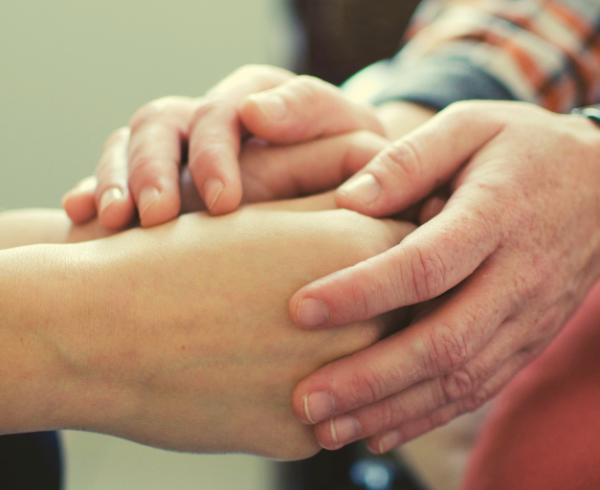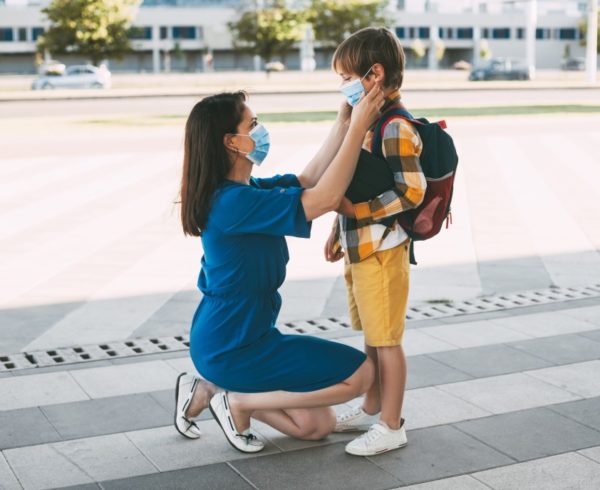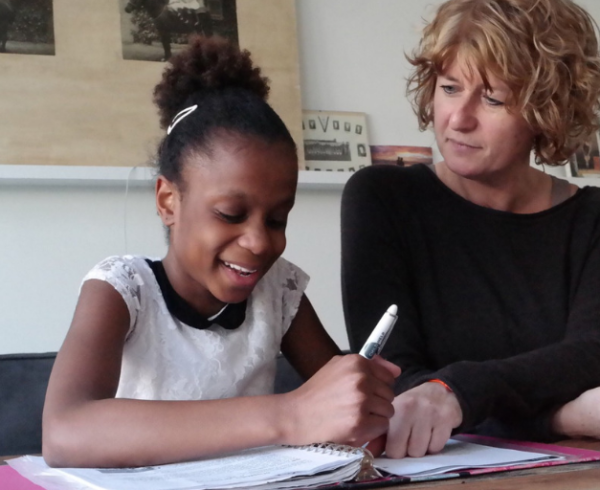Seasonal Affective Disorder, or SAD (aptly named), is the clinical term used to describe seasonal depression.

After a long summer of beautiful weather, a more active lifestyle, and being surrounded by people who are in a significantly better mood, the sudden change in seasons and the lifestyle changes that go along with them (not to mention, in many places, lack of sun and warmth), can cause people to feel some very serious depressive symptoms.
Here are 5 signs you may be suffering from Seasonal Affective Disorder:
Irritability. One of the first major signs that the fall and winter is affecting your mental health is a sudden change in irritability. You may find yourself lacking patience and getting angrier, quicker, at and with things and people that you normally had a lot more patience for.
Tiredness or low energy. Feeling tired and lethargic are common signs of any type of depression, seasonal or otherwise, and they can put an uncomfortable amount of strain on your otherwise happy, healthy life. Not wanting to get out of bed and feeling apathetic about things that you normally would be able to summon energy to do or take part in are also symptoms of a person suffering from Seasonal Affective Disorder.
Problems getting along with others. This is particularly true of people in work and family environments. Seasonal Affective Disorder alters your brain chemistry and can cause you to perceive people in your life much differently and more negatively than you might have at other points in the year. Family members and coworkers can seem more annoying and your already increased sensitivity can lead to higher rates of feeling slighted or having your feelings hurt.
Fluctuations in weight. This can happen with both fall/winter and summer SAD. Eating and exercise habits can change radically based on your general outlook and view of the world and your life. Increased and decreased eating can be a direct result and sign of your Seasonal Affective Disorder.
Feelings of anxiety. Just the knowledge that you are not yourself and that there is seemingly nothing you can do about it is often enough to produce feelings of worry and anxiety. Nervousness about the future and feelings of discontent with the present manifest themselves as anxious or nervous energy, and if you are experiencing persistent feelings of this kind, it may indicate SAD.
It is normal to have days when you are feeling down. We all experience variations in mood and motivation. Most of us experience feelings of anxiety over uncertainty about the future, conflict with friends and family and lack motivation to do things now and again. However, if you are experiencing any of the above symptoms for days at a time or find yourself engaging in and entertaining destructive patterns of behaviour or thought, it may be because you are suffering from seasonal affective disorder and you should consult a medical professional about it.
For more information on SAD and how you can do something about it, contact our team today.








Leave a Comment